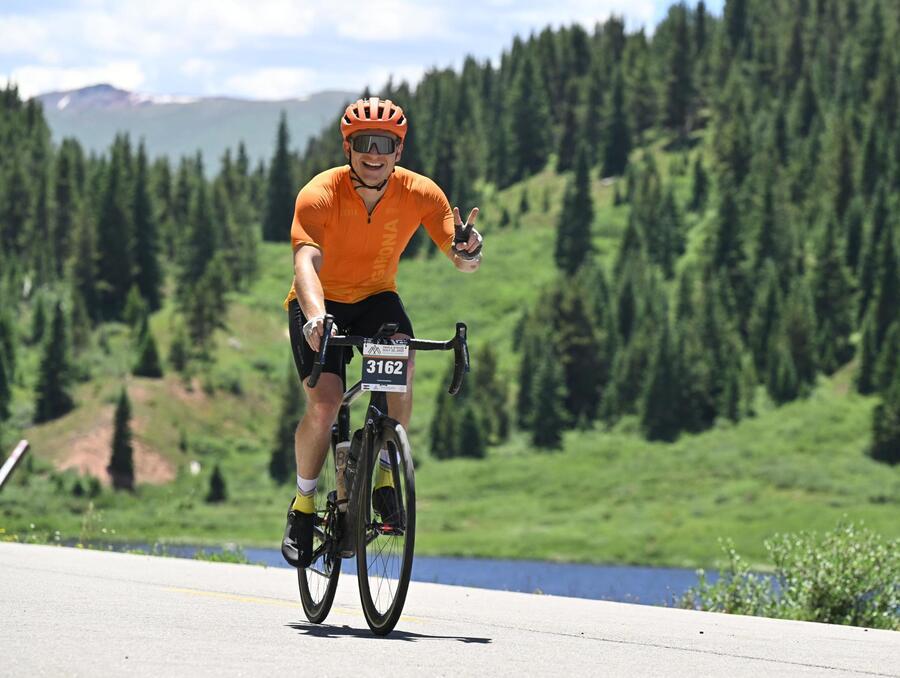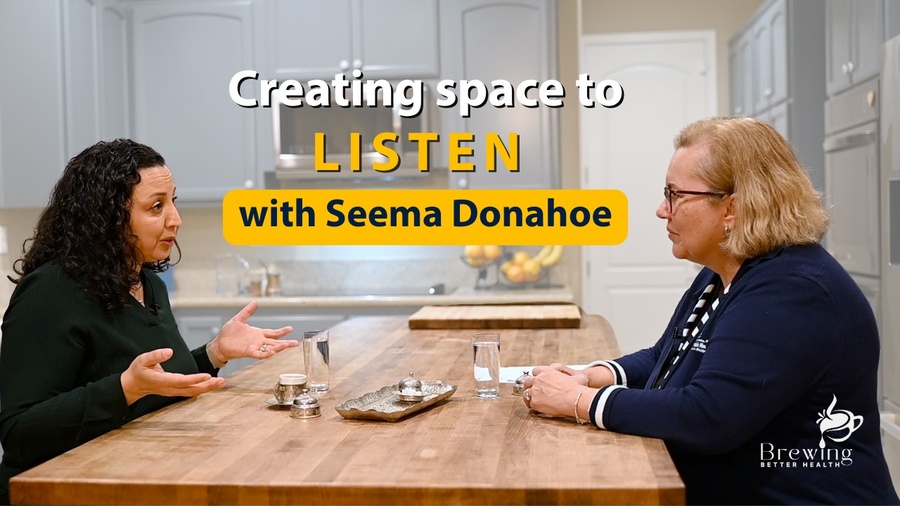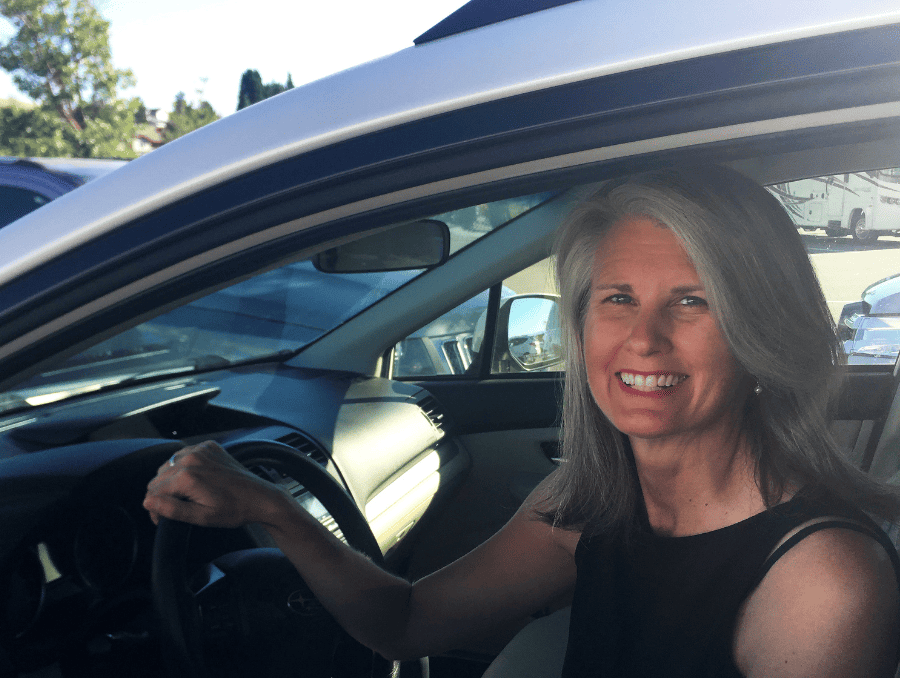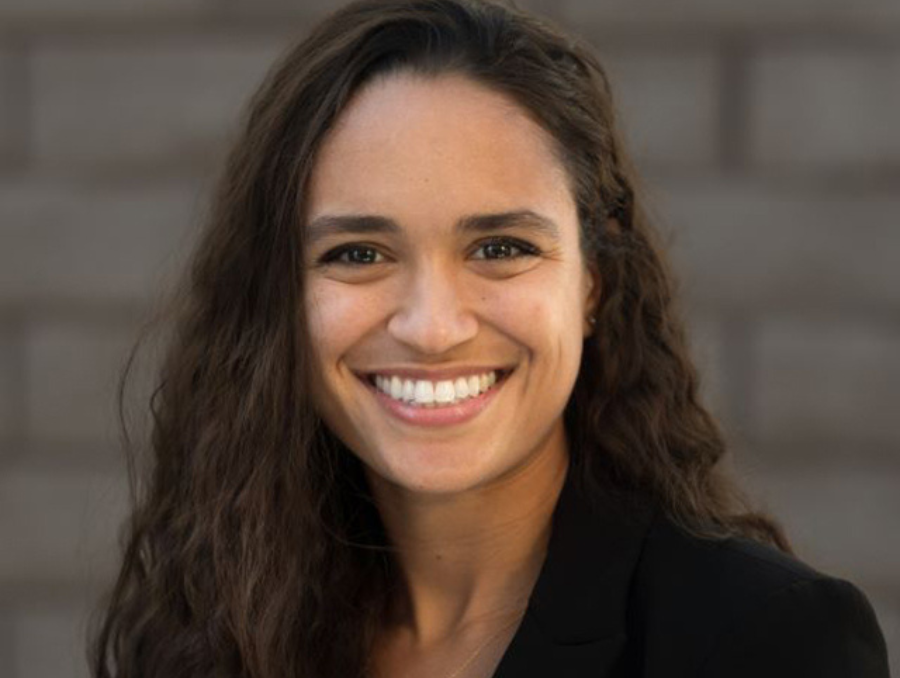"Find those values that you have and pursue a career that aligns with them."
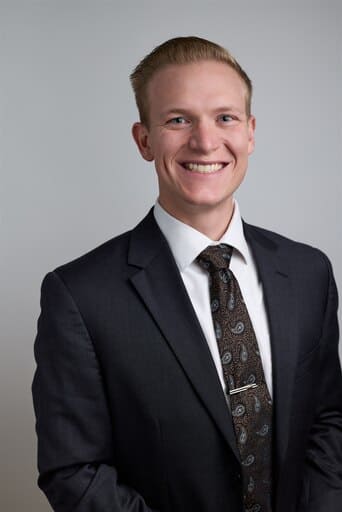
Reflecting on his journey at the University of Nevada, Reno School of Medicine (UNR Med), Spencer Joseph Horsley Trivitt, a fourth-year M.D. student, said that when he turned his attention toward what he valued, he started to pursue extracurriculars and studies that complimented his internal compass. Recently matched at the University of Colorado in pediatrics, Trivitt's journey highlights the profound impact of aligning one's career with values and being true to oneself.
Why did you decide to become a physician?
“The drive to become a physician has been there since I was a child, but my reasons for ‘why’ have evolved and changed throughout my life, reflecting my current values and varying due to new experiences, but never dissolving or disappearing completely. When I was a kid, it was that classic romanticism that says, ‘I want to help people.’ As I went through my education in high school and college, it became ‘I want to be challenged and continue to learn.’ Now, it's somewhat a combination of both, with a desire to practice in a fashion that aligns with my internal drives while pushing myself to be an excellent physician.”
What specialty or area of medicine are you most passionate about pursuing, and what draws you to this field?
“I am going to be starting my residency in pediatrics. Specifically, I have an interest in primary care in a rural area. Going back to my previous statement of aligning with my personal values, I found that the field of pediatrics fulfills many of my philosophical beliefs regarding health care: there is a focus on prevention, prophylaxis and setting up an excellent foundation of health. Furthermore, I just love kids. If medicine were not my career of choice, I would teach. I coached baseball throughout college and even during medical school. I grew up in Gardnerville and have family in many rural areas throughout the state. I understand firsthand the challenges associated with resource limitation and am passionate about bringing excellent health care to the towns like the one that raised me.”
What is the biggest challenge you have faced in your medical education and how did you overcome it?
“Oh man, it's difficult to pick only one. There is a milieu of challenges faced during medical school: these are academic, social, familial, physical and emotional in nature. The most impactful challenge, however, has to be living apart from my wife, Kat.
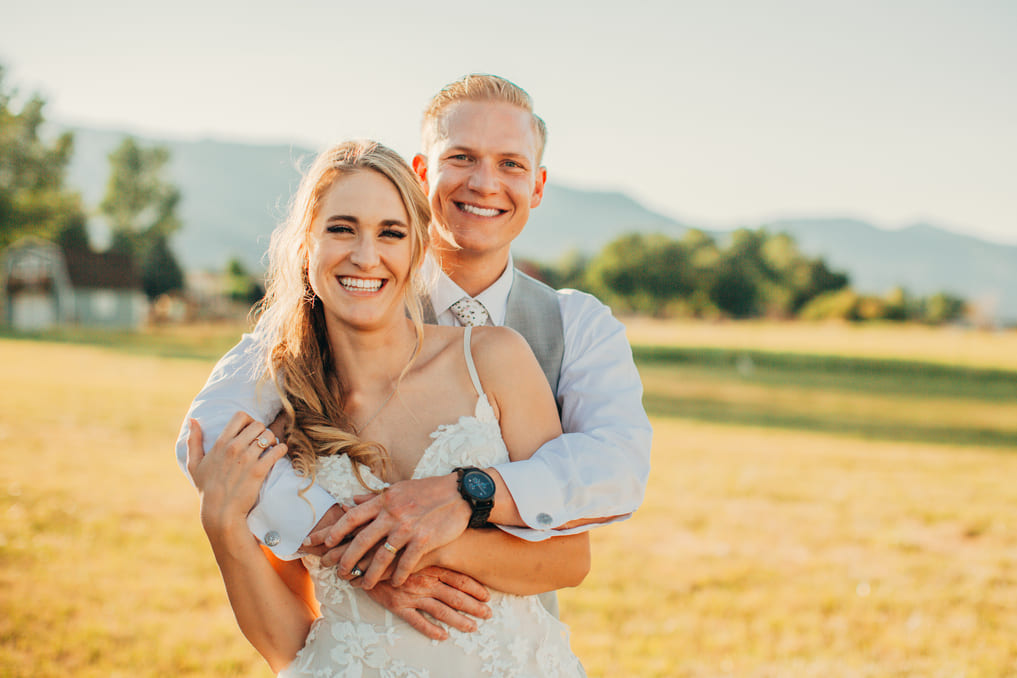 Spencer and his wife, Kat, on their wedding day.
Spencer and his wife, Kat, on their wedding day."We got married in the summer between my first and second years of medical school. She is currently in veterinary school in Glendale, Arizona. Our relationship is long-distance since we are both pursuing our professional dreams. We've been apart for about two years now. Overcoming this consistent longing for my partner has been difficult. Thankfully, our relationship is strong, and I am blessed to have a wife who supports me in my endeavors and a bond that is strong enough to withstand any distance or separation. This was made a bit easier by finding support in my classmates, namely Audrey Adler and Dustin Dutcher, both of whom I consider family and are always there for me, and by finding support in my own family and my in-laws. This was also made easier by finding the positives in the distance - by finding the opportunities to grow. For example, our communication in our relationship has never been stronger.”
Can you share a memorable experience during your medical training that has significantly impacted your journey as a future physician?
“Again, I can't pick only one, but I think I can describe a common theme. All the memorable experiences that come to mind, and those that most significantly impacted my journey as a future physician, relate to the development and strengthening of my values in medicine. These experiences taught me and demonstrated to me the importance of putting the person first, of listening to what matters most to them, and then working to help them in their journey to reaching those goals. Dr. Kalanithi described the physician's duty best in ‘When Breath Becomes Air’: ‘[It] is not to stave off death or return patients to their old lives, but to take into our arms a patient and family whose lives have disintegrated and work until they can stand back up and face, and make sense of, their own existence.’ This is the common theme that runs through each of these experiences that impacted my journey, and a lesson that I will integrate into my own practice.”
What advice do you have for future students interested in becoming a doctor?
“Find those values that you have and pursue a career that aligns with them. I struggled most with burnout and exhaustion when I was trying to do the things that I thought I should do. When I turned my attention inward, I started to pursue extracurriculars and studies that complimented my internal compass. Managing the rural outreach clinics with my classmate Taree Chadwick is a great example of this; hundreds of hours of hard work went into those clinics, but they are some of my fondest memories from medical school.
“This also meant turning my attention to pursuits that were entirely non-academic, such as cycling. In fact, I listed cycling and some cool bike rides as one of my most meaningful experiences on my residency application! Essentially, be authentic.
“There is no doubt that medical school - and being a physician - requires immense sacrifice. It requires time away from those you love and takes a huge toll. With that being said, I believe that I am a better human because of medical school. My class here at UNR Med exhibited camaraderie, strength and resilience that I had never seen before. I owe my success in medical school to the people around me, and I hope that some of them can say the same.”
